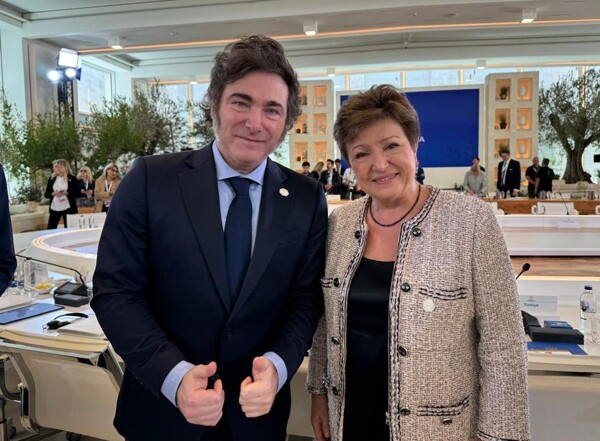
National Congressman Oscar Agost Carreño, from the Encuentro Federal party, expressed his rejection of the Decree of Necessity and Urgency (DNU) signed by President Javier Milei to advance in the agreement with the International Monetary Fund (IMF). In an interview, Carreño expressed his criticism of the use of DNU to bypass congressional approval, especially on issues related to generating debt for the country.
“I am very critical of these mechanisms used to bypass Congress, not to mention when it is to generate more debt for the country,” highlighted the opposition legislator. Carreño emphasized that the National Constitution clearly states that both incurring debt for Argentina and restructuring debts require congressional authorization, questioning the path taken by the Government.
Regarding his position on the DNU, Carreño was firm in stating that he will vote against it. Furthermore, he pointed out that Milei's authoritarian style does not align with the principles of his political party, the PRO. He also criticized the Government's lack of transparency regarding the terms of the new agreement with the IMF, denouncing that the president does not provide the necessary information and uses DNUs to avoid debate in Congress.
Carreño also referred to the Criptogate $LIBRA case, where he denounced maneuvers by the ruling party to prevent the creation of an Investigative Commission. Despite this, he assured that the opposition has the necessary votes to proceed with the investigation. In this sense, he mentioned that so far they have around 133-134 confirmed deputies who would provide quorum to address the issue.
The congressman emphasized that the Government's actions to prevent the investigation into Criptogate would end in legal complications and reflect a lack of legal security in the country. Carreño concluded by stating that it is essential to respect institutional procedures and not abuse presidential decrees to ensure the proper functioning of the democratic system.














